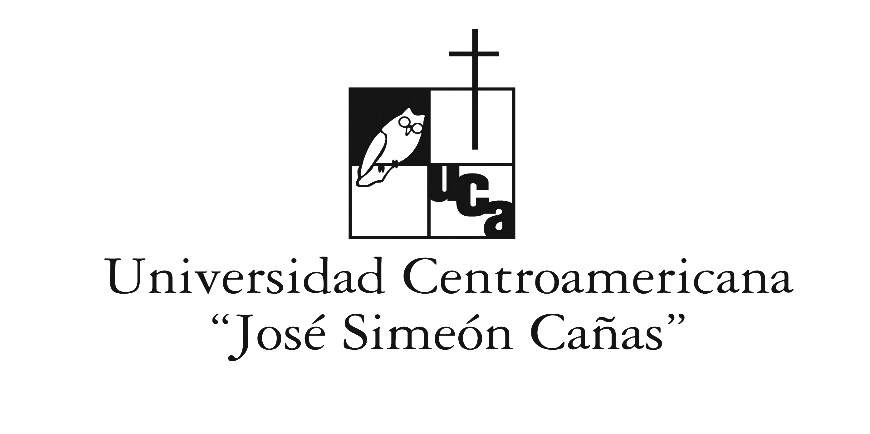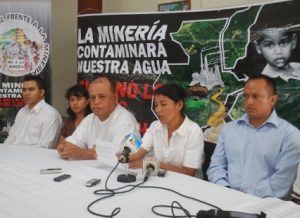Politics
UCA and other organizations resign from the Emergency fund created by Salvadoran Government
The Central American University (UCA) and four other institutions resigned from the Committee of the Emergency Fund, Recovery and Economic Reconstruction by COVID-19 set up by the Salvadoran Government. (X)
The National Association of Private Enterprise (ANEP), the Chamber of Commerce and Industry of El Salvador; the Salvadoran Foundation for Economic and Social Development (FUSADES), the Higher School of Economics and Business (ESEN) and the Central American University “José Simeón Cañas” (UCA) resigned from the Committee because they would no longer have the competence of allocating funds, as well as defining the guidelines and criteria for their use.
Upon learning of the letter, the deputies of the Finance Commission agreed to call the institutions this coming Wednesday to explain the reasons for their resignation.
Today, the university’s rector, Andreu Oliva, and Social Projection vice-rector, Omar Serrano held a press conference where they explained the situation, as reported by Diario El Mundo.
They said that the Emergency Fund Committee never made a decision on the proposals on how to distribute the $2 billion that the Salvadoran State will acquire in debt to face the COVID19 emergency.
Respecto a declaración de patrimonio, Serrano dijo que nunca se discutió. "Revisen en las actas dónde nos negamos a declarar. Yo estoy dispuesto. Así como asumo que todos los funcionarios del gobierno de más de un año lo han hecho, supongo yo. El ladrón juzga por su condición".
— Revista Factum (@RevistaFactum) May 12, 2020
The last drop, according to the vice-rector, was that the Government presented a request to the Legislative Assembly to reform decree 608 about the distribution of funds without the Committee’s knowledge, despite the fact that one of the legal powers of the Committee was to establish criteria for allocating funds.
“They presented a reform proposal that the Committee never saw. We never saw it, we didn’t even discuss it. Furthermore, we had several meetings to agree on a reform proposal, we were asked to present it and the surprise was this proposal we never discussed. I was honestly shocked”, he said noting that in the reform request “all funds are allocated and it even says what each municipality has to spend them on”.
When the reform was presented, Serrano says that, in a meeting, some officials were surprised and told them “we cannot explain it because we do not know.”
“The Committee was neither operative nor decisive. If it has already been decided, what are we going to do there?, legitimize?, no,” he said. With this, Serrano believes “it was shown that the Committee is not a platform where decisions are to be made.”
“Where are the falsehoods? We have no problems with transparency. Who is it that has problems with transparency?”, Serrano questioned.
Serrano assured that they were always listened to and the meetings were cordial but that they had no vote. “I agree with the private secretary that we did not make any decision, ever. There was cordiality. Proposals were made for the allocation of funds to local governments, allocation of funds to the Central Government, audits, we were all heard, but no decision was ever made about it”, he stressed.
He also claimed that the Government never presented them: a comprehensive plan to confront the pandemic, the role and responsibilities for financing, the investment of the Health Branch in phase 1 or the investment forecast in phase 2, and that neither the Comptroller’s office was invited to review the audits.
The rector states that the Committee was not even a discussion group. “It was to talk, to present, not for discussion, more like ‘look, here we present the health plan, here we present this’. According to the rector, before deciding the expenses on the $3,000 million debt, it was necessary to design a health emergency plan and an economic reactivation plan, establish resources for said plans and thus present them to the Legislative Assembly.



